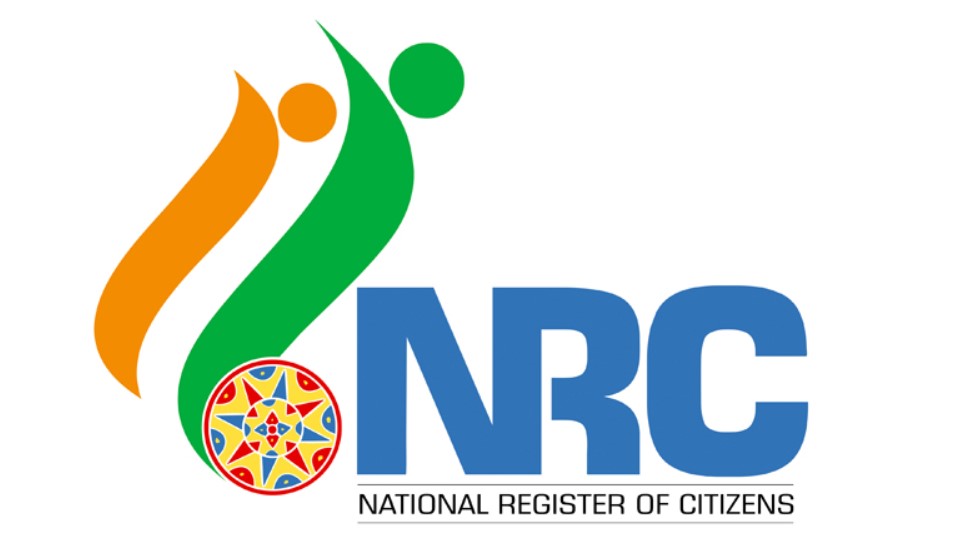
Tips for NRI Investment In Indian Stock Market
As the Foreign Exchange Management Act (FEMA) has approved migrants with Indian passports to invest in the Indian Stock Market, their wish to invest in the Indian securities has become more prominent. But, being a deficient of NRI investment knowledge, they wonder how to get through the operational paperwork and procedures to sell and buy these securities. However, profit making is the primary goal that often pushes them to grab this investment opportunity.
So, here are a few tips that ensure non-residents to invest in the Indian Stock Market:
- Open a PIS account: Also called the Portfolio Investment Scheme, the PIS allows Indian diaspora in the foreign to acquire shares or convertible debentures from the stock market. For this purpose, they should have a bank account from a nominated branch. If they have an NRO account (Non-Resident Ordinary), the PIS account cannot be opened. It is so because this account, itself, is treated as an investment.
- Procedure for a PIS account: The aspiring NRIs have to open an NRE or Non-resident Rupee account with an RBI affiliated bank in India. With whomsoever you deal through, that broker should be registered with SEBI. Subsequently, the bank will issue a PIS permission letter to initiate NRE investment. Handover this letter to the PIS broker. Upon this formality, the migrant can open a DMAT/ Trading Account for investing with the broker.
- Put investment in PIS: As this account is meant for investment, the non-residents can hold the investment amount. If they buy some equities, the amount will directly deduct from this account. And, the sale proceeds will be credited.
- Trading & DMAT account: This account enables sale and purchase of securities in the secondary market. On the flip side, the DMAT account initiates online transactions of shares. When they trade, the shares are automatically credited to or debited from this account.
- Documentation: As an NRE account is required to trade in stock with, the Indian diaspora in abroad should have these documents for KYC that must be duly attested by the Indian embassy:
- Self- attested photograph
- Photocopy of the PAN card
- A cancelled cheque from an RBI affiliated bank
- PIS permission letter
- Foreign address proof
- Indian address proof
- Photocopy of valid passport and valid visa
- Deploy Mandate Authority: A “Mandate Holder” is an authority that is deployed to locally operate the NRE bank account on behalf of the NRI investor. For it, the non-residents should fill up and attest an “Appointment of Mandate Holder” form. The intended person can procure it from the bank. Later, pass through the KYC by enclosing all the aforementioned documents together with the specimen signature of the mandate holder on the form.
Also, the mandate holder would sign it. Upon verification, the account will be active. Then, the mandate holder can withdraw & deposit cheques, transact and even uses an ATM card on behalf of the migrant.
- Power of Attorney (PoA): It determines the temporary deliverance of the power to act on behalf of the owner freely. Beforehand, the owner must execute the POA on the prescribed stamp paper while clearly stating the purpose and aim of this POA. Thereafter, its holder can make and redeem investment, besides handling the necessary paperwork.
- Digital Investment: It’s a blessing to live in the digital era, where NRI investors can directly carry out all sale and purchase transactions without needing any POA. Digitally, it’s a frictionless process to trade through portals.
However, there are many websites and portals to trade through brokers for NRI investors. Upon registering with them, they can easily open their trading account with those brokers. Even, the maximum limit could be set for the mandate holders to debit certain amount.
But, the investment can be denied if the PoA is not notarized and the KYC is not done prior. Take time zones into account while making an investment using the trading websites.
Guidelines:
- Prefer delivery based transaction.
- Avoid intraday transaction for NRIs.
- Don’t invest in the prohibited sectors.
- Reconcile the DMAT account balance with the bank balance.
- The bank will deduct PIS account maintenance charges in the name of PIS AMC fee, PIS Issuance fee and PIS reporting charges.


 this is link
this is link